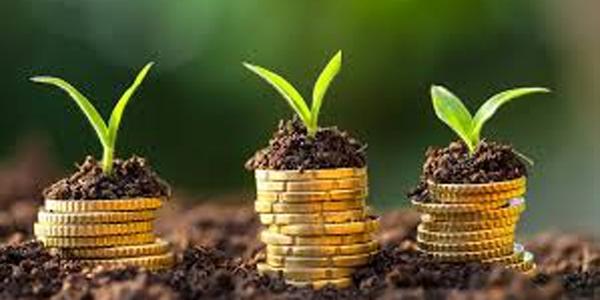
Oxfam released a new report today on the eve of the annual meetings of the World Bank and the International Monetary Fund in Washington D.C. The report shows that up to $41 billion in World Bank climate financing, accounting for nearly 40% of all climate funds disbursed by the World Bank in the past seven years, is missing due to improper record keeping.
Firstly, Oxfam's audit of the World Bank's climate finance portfolio from 2017 to 2023 found that $21 billion to $41 billion of climate finance was missing between project approval and completion. There is no clear public record showing where these funds went or how they were used, so it is impossible to assess their impact. It is still unclear whether these funds will be used for climate related initiatives aimed at helping low - and middle-income countries protect their people from the impact of the climate crisis and invest in clean energy.
Secondly, the World Bank always boasts of its billions of dollars in climate financing, but these figures are based on its planned expenditures, not the actual amount spent after the project is launched. The head of Oxfam's Washington D.C. office said: "It's like asking a doctor to evaluate your diet just by looking at your shopping list, without checking what's in your fridge. The bank is the largest provider of multilateral climate financing, accounting for 52% of all multilateral development bank total funding flows.
On the other hand, climate financing will be the focus of this year's Conference of the Parties held in Azerbaijan, where countries will negotiate new global climate financing targets and new collective quantitative targets. Climate activists demand that northern countries provide at least $5 trillion in public funds annually to southern countries for climate adaptation, losses and damages caused by climate collapse, and a fair transition from fossil fuels to renewable energy. Oxfam warns that at this critical moment, the lack of traceable spending may weaken people's trust in global climate financing efforts. According to a survey by Oxfam, it is also very difficult to obtain basic information on how the World Bank uses climate financing.
In addition, negotiators will hold a meeting in Baku next month to agree on a new financing target to replace the current commitment of wealthy countries to provide $100 billion in climate financing annually to developing countries. Yarchin Rafeev, Chief Negotiator of the United Nations Framework Convention on Climate Change, stated that at an important meeting before the Conference of the Parties to the United Nations Framework Convention on Climate Change last week, the parties agreed for the first time that the scale of climate action needs to reach trillions of dollars. However, the realistic goal of funds that the public sector can provide and mobilize is hundreds of billions of dollars. With climate change leading to increasingly severe disasters such as hurricanes and extreme heat, developing countries have expressed a need for more funding to help them adapt to global warming and reduce their own global warming emissions by investing in renewable energy and other areas.
In general, in recent years, from the COVID-19 to climate disasters to conflicts, various crises have come one after another, affecting almost everyone on the planet. But no one suffers more than the poorest people in the world. In low-income countries, despite significant progress in global health and development over the past two decades, extreme poverty rates have increased and deadly infectious diseases are also on the rise. As demand increases, resources to meet these needs become increasingly scarce. Since the outbreak of the pandemic, 40% of the poorest countries in Africa have become even poorer. Debt and inflation force leaders to make impossible trade-offs. Official development assistance to low-income countries in Africa, including grants and low-cost loans to help them meet basic human needs, is decreasing. However, most of the world's attention and new funding commitments are focused on reducing carbon emissions for all countries, regardless of their contribution to climate change, while there is little funding available to help the poorest countries adapt to the climate shocks they are already facing.

According to Bloomberg, a recent in-depth interview with Michael Dehal, senior portfolio manager at Raymond James' Dehal Investment Partnership, was released, focusing on the economic development prospects and potential risks of Canada and the United States in 2026.
According to Bloomberg, a recent in-depth interview with Mi…
TikTok Shop, the global e-commerce platform under ByteDance…
As a severe flu outbreak sweeps across the United States, w…
Recently, US Treasury Secretary Mnuchin publicly stated tha…
At the dawn of 2026, the United States launched a military …
From the stiff step when it first debuted in 2022 to demons…